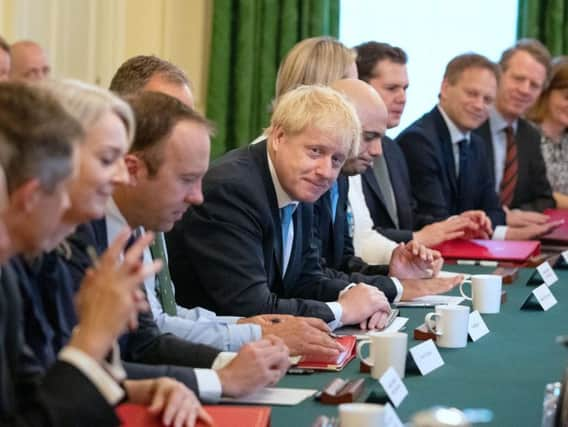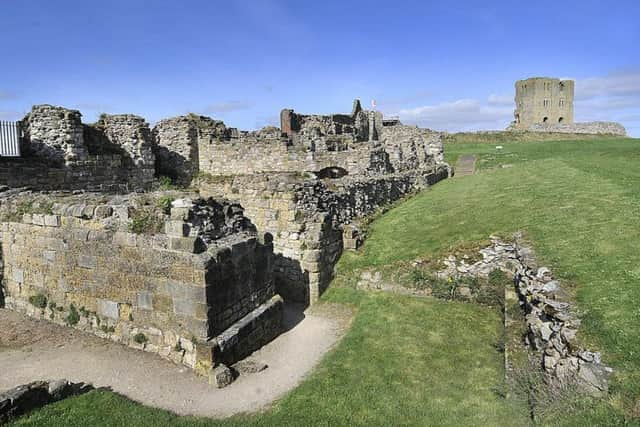The link between Boris Johnson and Scarborough's most famous ghost


After schooling at Eton, and graduating from Oxford University, Johnson secured a trainee reporter job on The Times.
Within months, though, he was sacked for trying to spice up a story about the discovery of a 14th century palace of Edward II on the south bank of the Thames.
Advertisement
Hide AdAdvertisement
Hide AdHis historical account was nonsensical, and an accompanying quote entirely made up. The quote was allegedly from his godfather, historian Colin Lucas, and Johnson wrote how the king would frolic at the palace with his supposed lover Piers Gaveston.


He quoted Lucas as saying the King ‘had enjoyed a reign of dissolution with his catamite, Piers Gaveston’ in the palace. But the palace was built in 1325; Gaveston had been beheaded in 1312.
Lucas complained to The Times as the misquote was damaging his academic reputation. Johnson insisted that he did speak to Lucas but had attributed his own mistake to the historian.
As a result, the paper terminated his contract. Johnson has since described the embarrassment of the incident: "It was awful ... I remember a deep, deep sense of shame and guilt… just not knowing how to sort it out … it was a bit of a bum.’
Advertisement
Hide AdAdvertisement
Hide AdPiers Gaveston, Earl of Cornwall, was Edward II's favourite, and carried the crown of England at his coronation.
But Gaveston made enemies of most of England's nobility, and in 1312 the earls revolted against Edward, forcing him to flee to York where he set about raising an army.
Gaveston was declared an outlaw and took refuge at Scarborough castle, which had been given to him by the king.
The earls laid siege to the castle and Gaveston surrendered. His captors swore to preserve his life in a solemn ceremony in Scarborough's Dominican friary, but they took him south, and he was sentenced to death and beheaded in June 1312 in Warwickshire, a month after their pledge.
Advertisement
Hide AdAdvertisement
Hide AdThe book "Haunted Castles of Britain and Ireland", by Richard Jones, states that despite Gaveston dying in the Midlands "it is, however, to Scarborough Castle that his headless spectre chooses to return, and where it attempts to lure unsuspecting visitors over the battlements to an ignoble death."
The sacking from The Times was far from the end of Johnson's journalistic career. He was given a chance on The Daily Telegraph, becoming the paper's Europe correspondent in Brussels, and went on to become assistant editor of the Telegraph and editor of The Spectator.
He was elected MP for Henley in 2001, beginning his rise through politics.